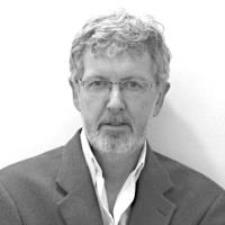
Richard F. answered • 07/10/20
Advanced intellectual mentoring from a novelist and philosopher.
Dan's right. I'd just add that "control" is the key term there, and it's important to remember that all governments control by many means. Most obviously, by physical force or the threat of it (break the law and you'll go to jail; say the wrong thing and the secret police come for you in the night). But there are many other, subtler ways to exert control. The political scientist Steven Lukes famously distinguishes between (using my own terms here) #1 overt power - which is getting what you want regarding a particular "agenda item"; #2 covert power - which is controlling what gets on the agenda; and #3 ideology - which is getting what you want by persuading an oppressed group to believe X is in their interests and should be supported when objectively it's not in their interests.
Once again, all governments tend to use all three - it's just that the more authoritarian the government is, the more ordinary peoples' freedom of action is constrained.
You could argue Orwell's "Nineteen Eighty-Four" was the ultimate example ... until modern China turned into the ultimate surveillance-and-punishment state.





